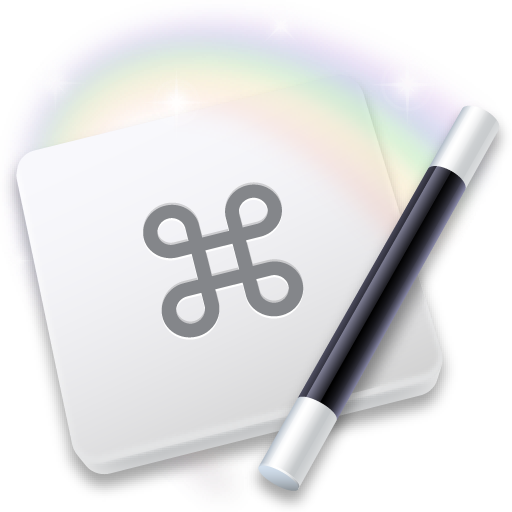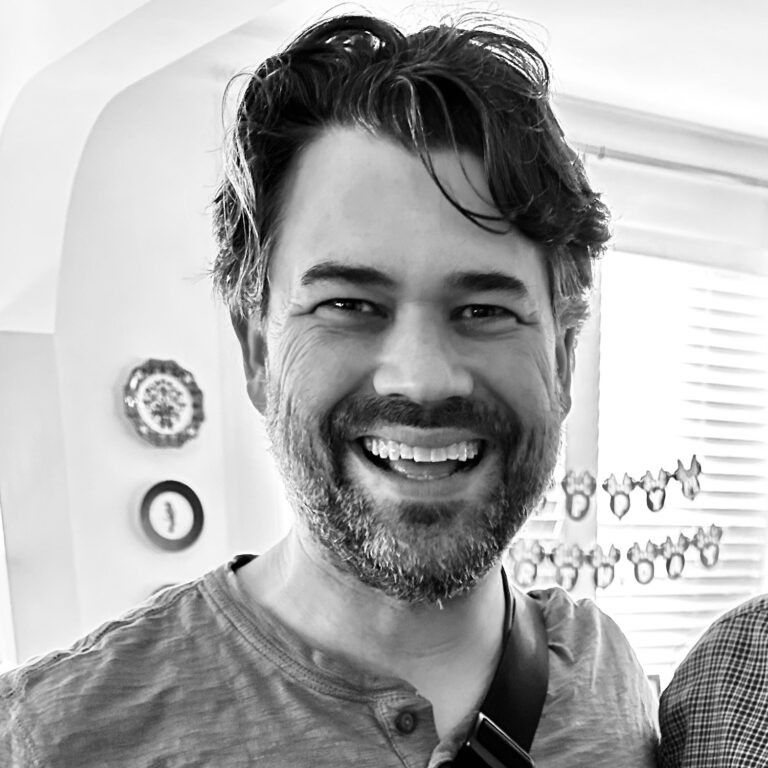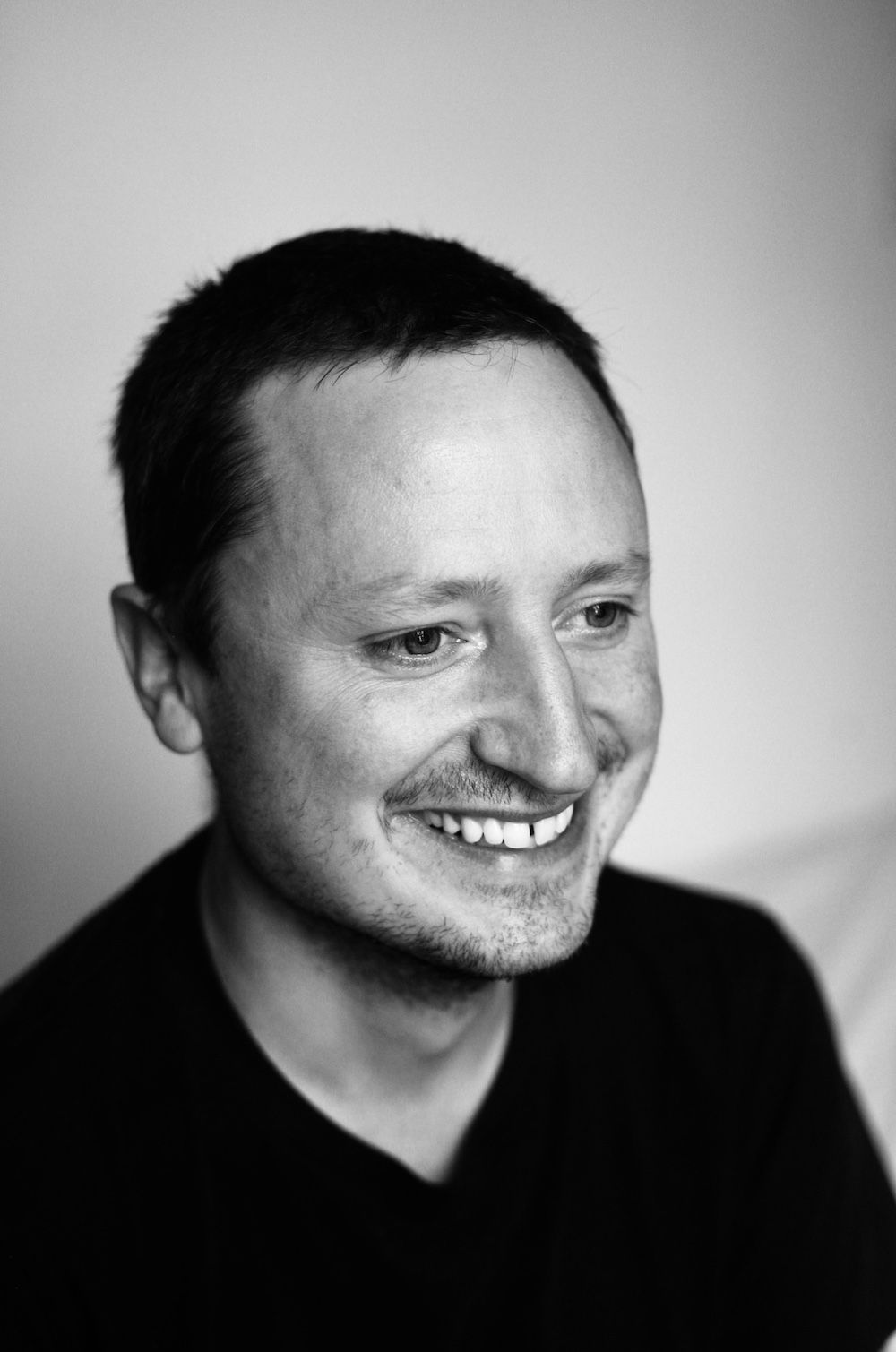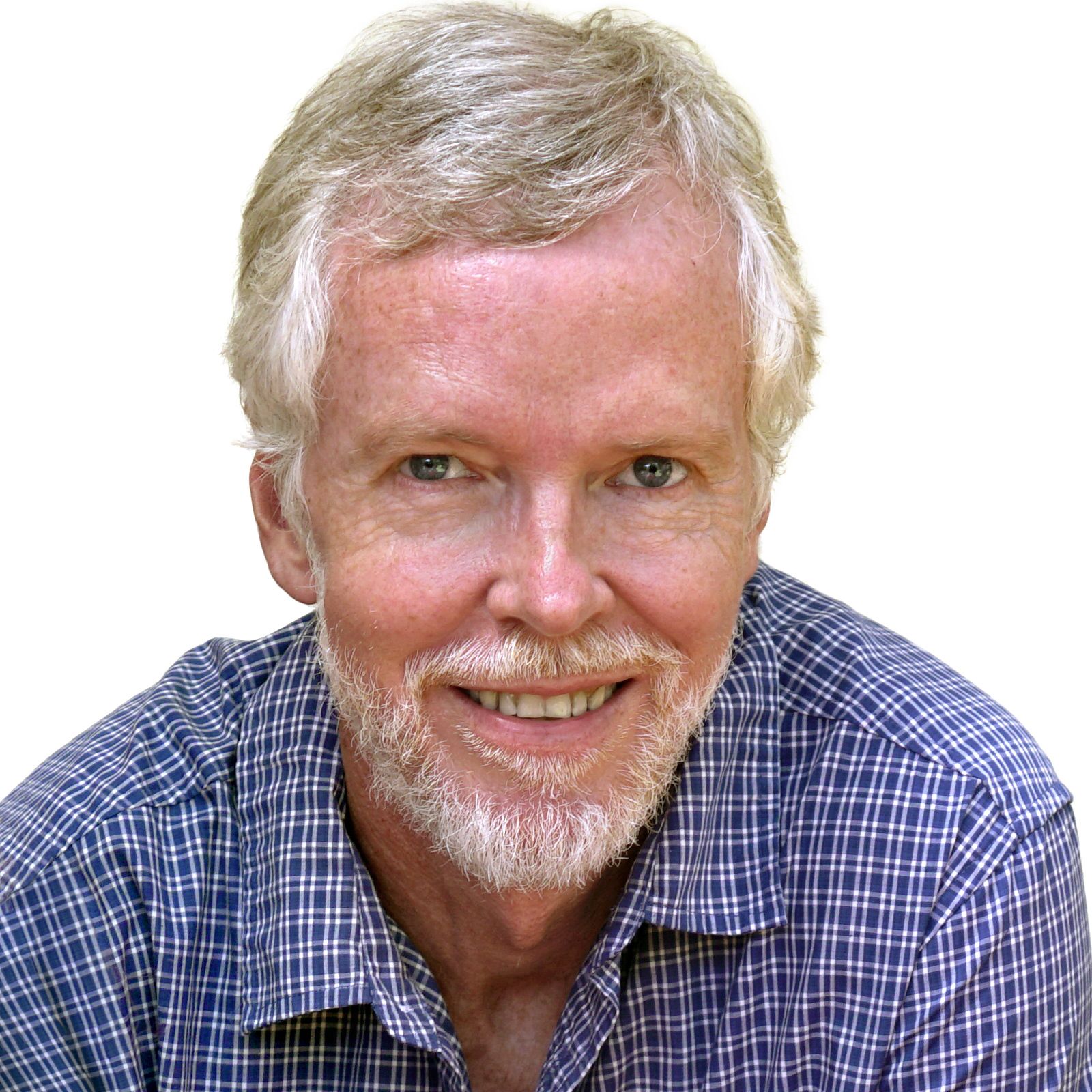An Interview with Matthew Bischoff
Matthew Bischoff runs Lickability, a software design & development studio.
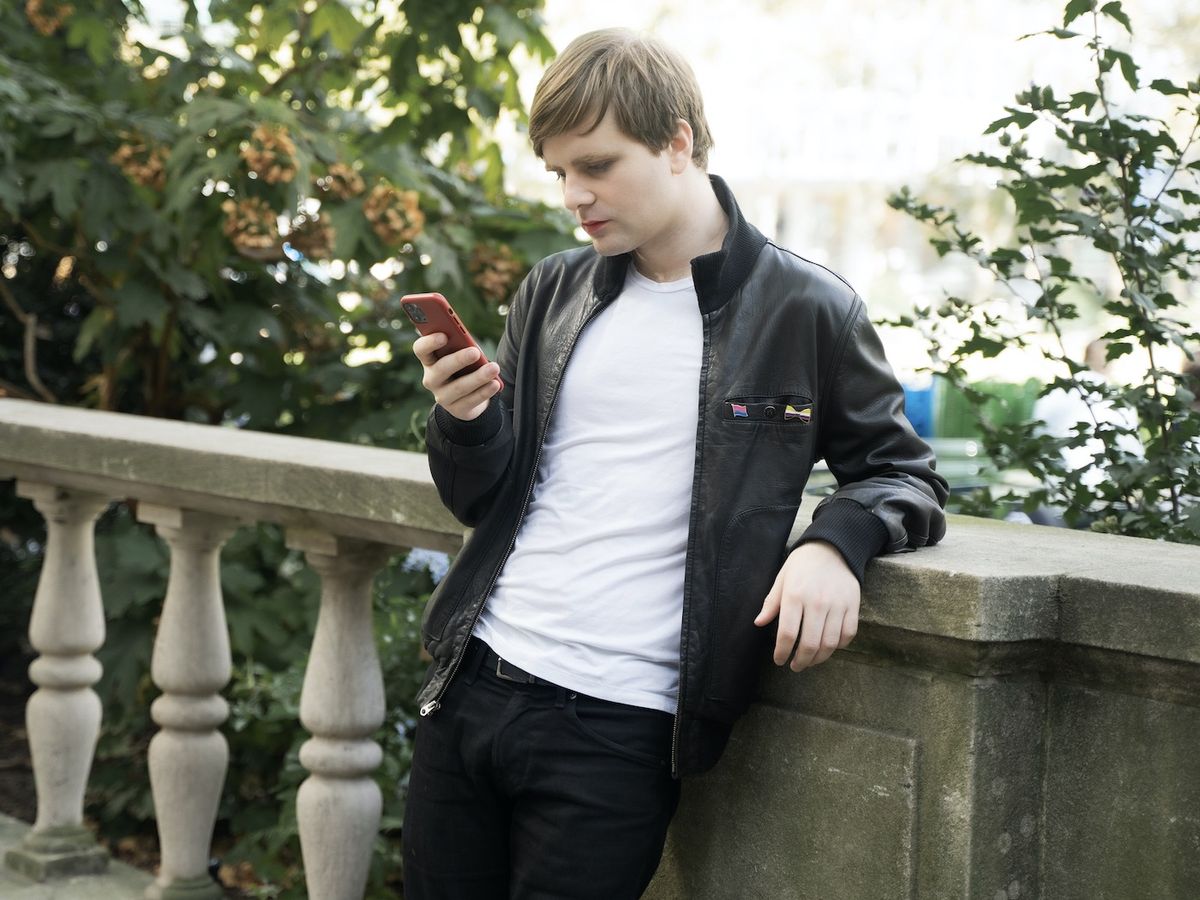
Who are you, and what do you do?
I’m Matthew Bischoff, but I often go by just mb. I do a lot of things, but I’m best known for starting and running Lickability, a software studio that designs and develops apps for companies like The Atlantic, The New Yorker, Houseparty, Mastodon, and many more. I also make a podcast with my friend Syd called Absolutely Crushed, where we interview interesting people about their celebrity crushes.
How did you get interested in that?
I was in line at my local AT&T store on day one to buy an original iPhone. It was the piece of technology I was most excited about owning as a teenager, and I couldn’t wait to make things for it. Shortly after the iPhoneOS SDK was released, I teamed up with my high school classmate Brian Capps and started learning how to build apps, and we still run the company together today, nearly 15 years later. In college, my roommate Andrew Harrison joined us as a business partner, and since then we’ve grown to a team of 11 people across 5 states.
What resources could you suggest to people who want to learn how to do what you do?
There are so many more resources for learning how to build software today than there were in 2009. When I started, I was learning primarily through Stanford’s CS193P course on iTunes U and by trial and error, pair programming over late-night Skype calls with Brian. Today, I think folks are best served by resources like Paul Hudson’s Hacking with Swift, Apple’s Swift Playgrounds educational content, and creators like my coworker Mikaela Carron who are posting tutorials to TikTok and YouTube.
But, there’s no substitute for doing it. No matter how many articles you read or videos you watch, you’ll always learn more from opening an editor and starting to work on a real app, preferably on a team.
What routines & habits help you get your work done ?
I read David Allen’s Getting Things Done as a teenager and I reread it every few years. It’s the thing that has helped me the most with productivity throughout my life. Tools like OmniFocus, Things, and Obsidian are great, but having a philosophical understanding of why systems are important is fundamental. David’s book gave me habits like daily and weekly reviews, universal capture, and the two-minute rule, that I absolutely live by to this day. If you haven’t read it yet, stop reading this and go pick up that book.
You design & develop apps at Lickability. This reminds me of the comment Steve Jobs made in 2000 about Aqua: "We made the buttons on the screen look so good you'll want to lick them." What are the tangible & intangible qualities of a "lickable" app?
Haha, yes, that’s precisely where the name of the company comes from.
Tangibly, good software is fast, easy to use, accessible to users with a range of abilities, and solves a problem that people really have. Intangibly, I prefer to use software that’s beautiful, opinionated, and that feels crafted by a team that cares about the details. That’s what we try to do for our clients at Lickability.
Could you give an overview of how you go from idea to app? What are the most important decisions to make?
This answer could fill a book. But the basic process involves talking to potential users, writing up a brief pitch in the form of an Application definition statement, gathering requirements, and then beginning design and development. Some of the most important decisions center on how the app will sustain itself financially, what platforms it will target, and how it will reach users. Great apps with no users or no way to sustain themselves die quickly, so marketing and positioning are critical to get right.
Much of your professional focus seems to be on the Apple ecosystem. What do you think Apple is doing right? And what could they improve?
I think after a bumpy few years, Apple’s hardware is the best it’s ever been. We’re long past the TouchBar and butterfly keyboard debacle and firmly in the era of Apple Silicon.
As for software, the story is a bit less rosy. As Apple has expanded the number of operating systems and apps they produce, I think quality and polish have suffered significantly. Reliable web services have also been a weak spot for them for many years. I’m hoping that the software teams at Apple catch up to the polish and reliability of the hardware they’re producing.
What are some examples of well-designed apps (that you haven't worked on)?
Three of my favorite pieces of software I use every day: Readwise Reader, Ivory, and Obsidian come to mind. All of them are lovely in different ways, but each of them inspires me to make beautiful, functional software.
People often conflate good design with just looking nice. What are the essential qualities of something – anything – that's well designed?
There’s no way I could say it better than Dieter Rams did in his Ten Principles.
What are some non-software products that you think exemplify good design?
Every object coming out of Ugmonk, CW&T, and Studio Neat are impeccably designed.
How do you relax or take a break?
Spending quality time with my wife and boyfriend, playing Magic: The Gathering, reading on my Kindle at a fancy restaurant by myself, spending time in queer and trans spaces, listening to podcasts, and meditating.
Whose work inspires or motivates you, or that you admire?
Apple is the obvious answer. But I’m honestly most inspired by the work of longtime Mac developers like Panic, The Omni Group, and Bare Bones Software.
Anything else you'd like to add?
I hope you have a nice day. If anything I said resonated with you or you want to chat more, I’m always happy to receive an email from a friendly internet stranger. I’m mb@matthewbishcoff.com.
Oh, and if you need help making a great app, Lickability can do just that.

